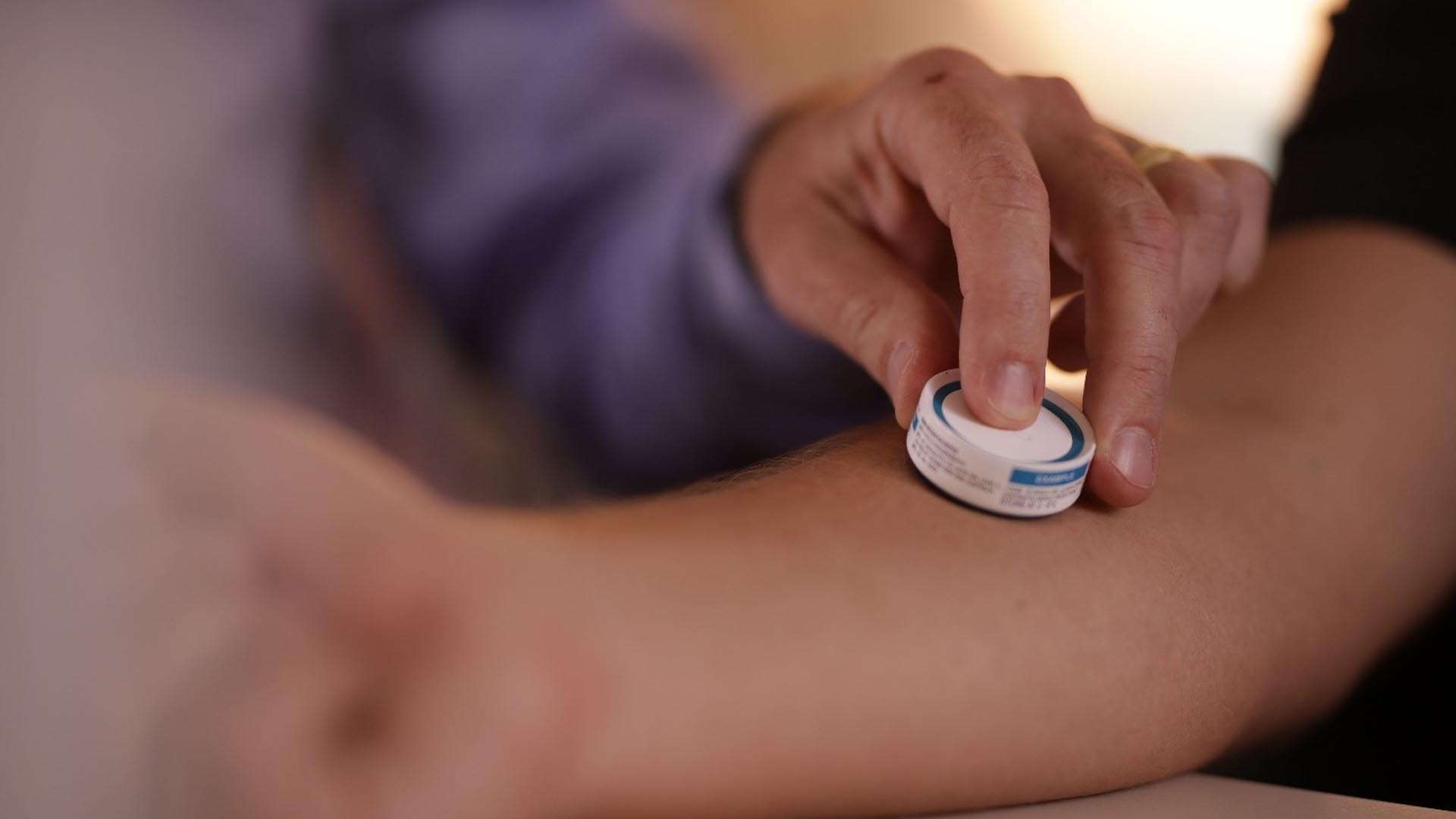A needle-free vax against the COVID-19 may be possible, according to scientists from the University of Queensland who successfully protected mice from the virus by administering a US-developed vaccine candidate in the form of a ‘patch.’
The University of Texas Hexapro vaccine candidate, delivered via the UQ-developed and Vaxxas-commercialized high-density microarray patch (HD-MAP), provided COVID-19 disease protection with a single, painless ‘click’ from a pocket-sized applicator.

Dr. David Muller of the University of Queensland’s School of Chemistry and Molecular Biosciences said the vaccine patch elicited strong immune responses in mice when they were exposed to SARS-CoV-2 – the virus that causes COVID-19.
“When the Hexapro vaccine is delivered via HD-MAP applicator – rather than a needle – it produces better and faster immune responses,” Muller said.

The new discovery also “neutralizes multiple variants, including the UK and South Africa variants”.
The new technology is said to be more “user-friendly” than a needle since it is just a ‘click’ away and the 5000 microscopic projections can be instantly applied to your skin.
“The UQ team, together with Vaxxas, hope to take the technology to the world and are looking for funding opportunities to accelerate to clinical trials as soon as possible,” he said.

Muller said that Hexapro, delivered by the high-density microarray patch, could dramatically assist global vaccine rollout effort, particularly for billions of vulnerable people in low- and middle-income countries.
“We’ve shown this vaccine, when dry-coated on a patch, is stable for at least 30 days at 25 degrees Celsius and one week at 40 degrees, so it doesn’t have the cold chain requirements of some of the current options,” he added.
Moreover, David L. Hoey, President and CEO of Vaxxas, expressed his excitement about the findings.
“These results are extremely clear – vaccination by HD-MAP produces much stronger and more protective immune responses against COVID-19 in model systems than via needle or syringe,” he said.
“We thank and recognize our incredible research collaborators at UQ for these important findings,” he added.
Vaxxas was founded in 2011 by UniQuest, UQ’s commercialization company, as a result of research conducted at the University’s Australian Institute of Bioengineering and Nanotechnology.
The study is currently being peer reviewed as of this writing.
Source: https://aibn.uq.edu.au/article/2021/06/needle-free-covid-19-vaccine-shows-promise, https://stories.uq.edu.au/news/2021/needle-free-covid-19-vaccine-shows-promise/index.html







